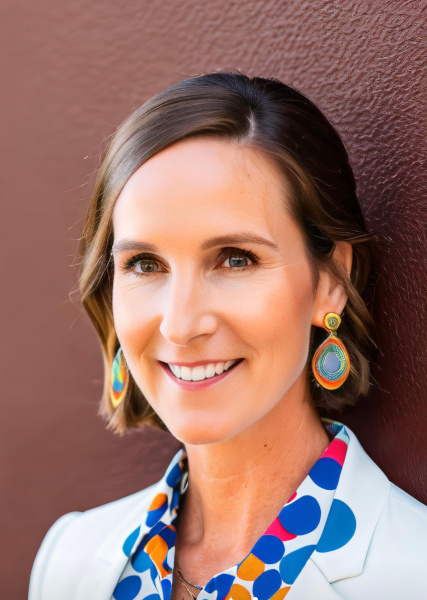My twenties would have been so much better if I had access to tools and resources from Psychology. Instead, I was, more times than not, self-critical, a self-saboteur — if anyone charged me to write down how I talked to myself, I would never have the courage to reveal to others the extent of an unforgiving narrator. My inner voice was not serving me well. The sheer amount of words we use per minute talking to ourselves is astounding. Our internal experience trumps our outer experience. Our brain filters everything outside — a beautiful shape-shifting organ that changes with our experiences.
Studying Psychology was a game-changer for me. Specifically, Alia Crum, the world’s foremost expert in mindset research and interventions, helped change the calculus of wellbeing for me. A distinguished mindset scholar, Alia Crum, recently described her thinking about mindsets as “a portal between conscious and subconscious processing that operates as a default setting of the mind.” She explains “that people don’t have to know their mindsets until they are asked; it sits like an assumption in the brain” (Huberman, 2022, 1:02:00). Crum contends that our mindsets operate as a default setting; however, her research reveals a way to mindsets that can be accessed consciously through experiences and instructive messaging (Huberman, 2022, 1:04:00). For instance, Crum and colleagues convincingly demonstrate the power of mindset to demonstrably change physiological markers of satiety solely based on whether people thought they were consuming a high-calorie or low-calorie milkshake (Crum et al., 2011). The downstream effect of one’s mindset accessing a subconscious bodily function has also been shown to enhance psychological, behavioral, and physiological outcomes when one adopts a stress-enhancing mindset (Crum et al., 2013). Mindsets are consequential, and small mindset changes have been shown to promote resilience. Facilitating opportunities for others to access their mindset and try on new, more productive beliefs was the focus of my doctoral research and the impetus to parse out all the powerful learning to share with others.
In Ethan Kross’s best-selling book Chatter, our inner voice is a constant —he brilliantly shares “chatter tools” to quiet the inner critic so we can live the best version of ourselves. As Lori Gottleib aptly describes, we are unreliable narrators of our lives. We emphasize and minimize versions of our stories — the very life breath of how we think about ourselves and our space in our wildly uncertain social world. If you want to learn more about how to talk to yourself better, I highly suggest you enroll in Science of Mindsets: Implications for Athletes to Strengthen Their Mental Game.
High-performing athletes face immense pressure, competition, and setbacks. Understanding the science behind mindsets helps athletes develop skills to cope with challenges effectively. Mental distractions and negative self-talk can hinder an athlete’s performance. By understanding the science of mindsets, athletes can develop techniques to enhance focus, maintain concentration, and stay mentally engaged during competition and practice.
The practical application of Alia Crum and Ethan Kross’s work has no boundaries. Socially, occupationally, academically, and athletically, their work is the tailwind I wished I’d had earlier.
Tammy Darling, Ed.D. is an optimistic educator, wellness practitioner, parent of two club sport athletes, and a mindset scholar. She has an M.A. in Psychology and is a certified Wellbeing Officer. Tammy believes in the power of psychology to reveal to us life worth living. Tammy has worked in high school classrooms for over two decades and knows the seismic changes in adolescents’ schedules. She has provided students with tools and resources to help close the gap between research and practical domains. These tools, grounded in psychology, can promote greater motivation, optimism, resilience, and energy.
